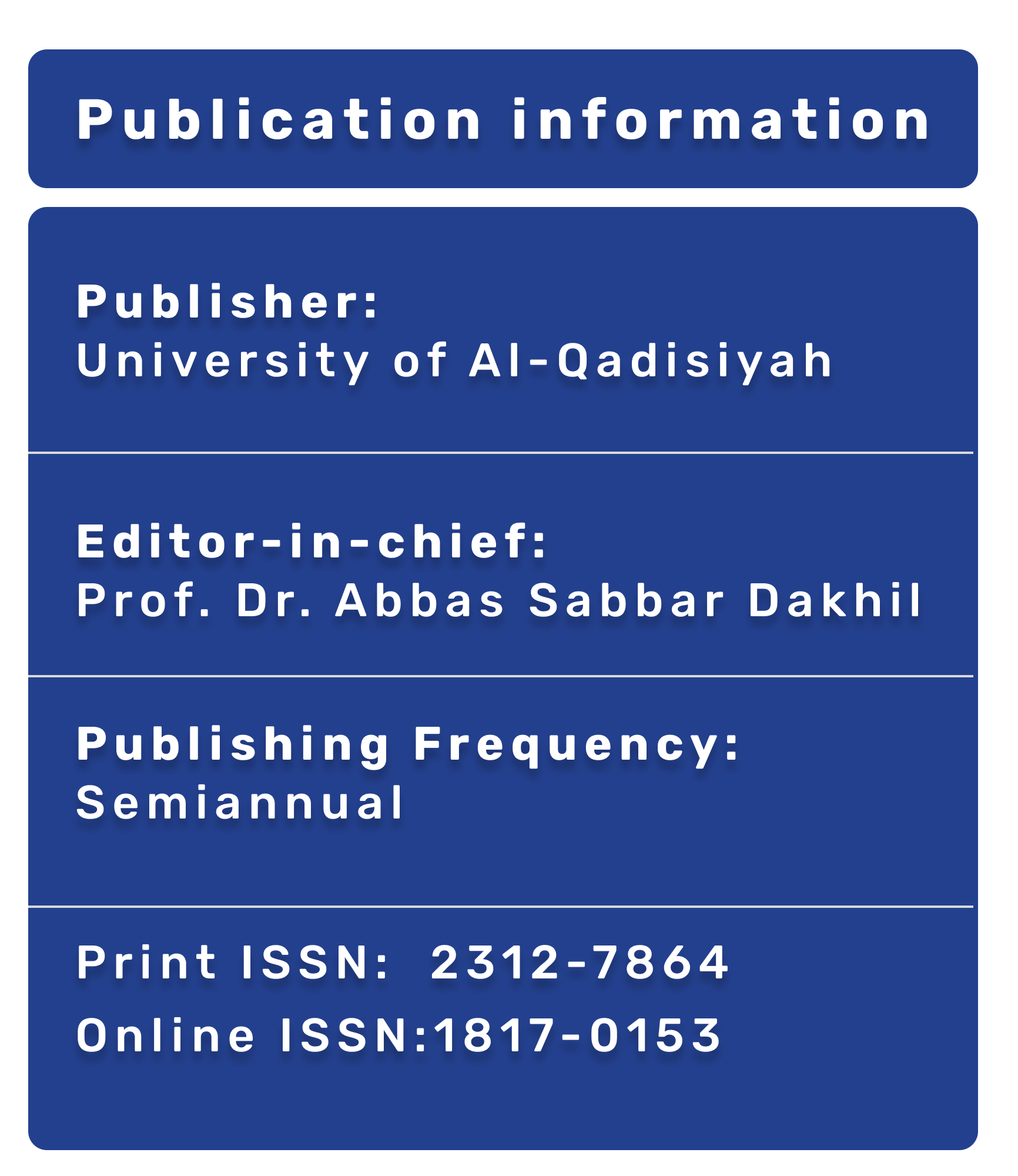Observational Study Among Coronary Artery Diseases Patients: Provable Correlation of Ultra-Sensitive CRP with Oral Health Behavior
DOI:
https://doi.org/10.28922/qmj.v17i1.1055Keywords:
Coronary artery diseases, DMFT, Periodontal diseaseAbstract
Background: C-reactive protein (CRP) has been known as a marker of inflammation and applied as a risk biomarker of patients with coronary artery diseases (CAD). Of interest, was the association of CRP to OHB and CAD mutually. This study aimed to evaluate the correlation of oral health behavior (OHB) of patients with CAD and compare this with that of a provably healthy control group.
Methods: 136 patients who were managed as CAD took part in the study. A healthy control group, made up of 74, had recruited following matching for age and gender with the patients' group. The dental examination of all enrolled participants comprised the dental status (DMFT scoring) and periodontal disease (PD) status using Clinical attachment loss. Likewise, in all subjects, the levels of serum ultra-sensitive CRP (US-CRP) had evaluated. Statistical evaluation: t-test, chi-squared test, regression analysis, ANOVA analyses (level of significance p<0.05) had completed using SPSS-25.
Results: The mean DMFT of the CAD-group (13.7±9.8) and the Control group (5.1±4.8) showed a significant difference (p-0.05). A significantly higher average loss of teeth in the CAD-group (10.9±8.9 vis 3.3±3.3). Both the grades and stages of PD were statistically worse among CAD-group (p-0.001). The levels of serum US-CRP were significantly higher in patients with CAD compared to the controls.
Conclusion: The levels of serum US-CRP were significantly higher in patients with CAD. The state of OHB in patients with CAD significantly differed from that of the control. Patients with CAD displayed more signs of PD and a higher dental loss.








